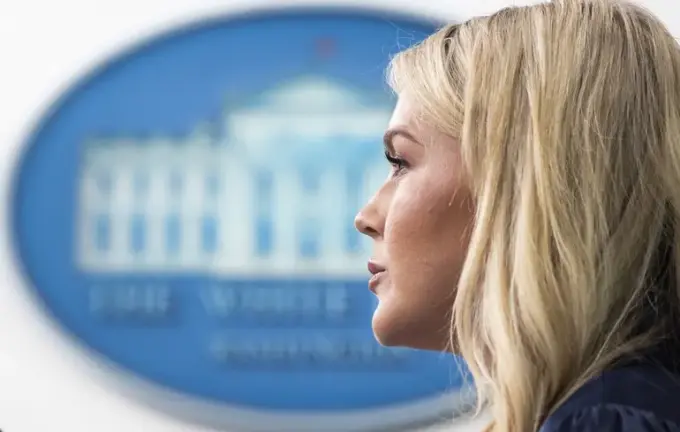The White House Tightens Restrictions on Journalists to Protect Confidential Information

On Friday, the White House officially announced new policies that restrict accredited journalists’ access to key areas within its West Wing offices, including the press secretary’s office and other communication zones.
This initiative, which took immediate effect, aims to bolster security measures and safeguard sensitive information conveyed by high-ranking officials.
Under the new regulations, reporters are now required to coordinate their visits with White House management in advance and obtain special approval before entering Room 140, known as the ‘Upper Press.’ This decision has sparked strong reactions from journalism associations, which fear it restricts freedom of speech and decreases transparency in the administration.
Officials claim these measures are necessary to protect internal materials and prevent unauthorized recording or disclosure of confidential negotiations or documents.
Representatives of the press service stated that these changes would ensure better coordination between officials and journalists and help prevent leaks that could threaten national security.
Meanwhile, democratic groups and journalist organizations criticise these restrictions, arguing they limit access to information and undermine fundamental principles of free press, reminiscent of policies from past administrations such as Bill Clinton’s.
Experts observe that the new rules resemble some of the strictest practices over recent decades and might reduce government transparency, especially amidst current political challenges and crises.
In response to this, several media outlets, including Reuters, publicly dissented from the decision, emphasizing that it endangers press freedom and the ability to report events freely.
The Pentagon has also reinforced procedures requiring journalists to officially acknowledge the new access rules, with the threat of losing credentials if they request confidential or classified information from agency officials.
Overall, these changes mark a new wave of restrictions in government communication policies, potentially impacting the independence and transparency of government operations in the long term.

